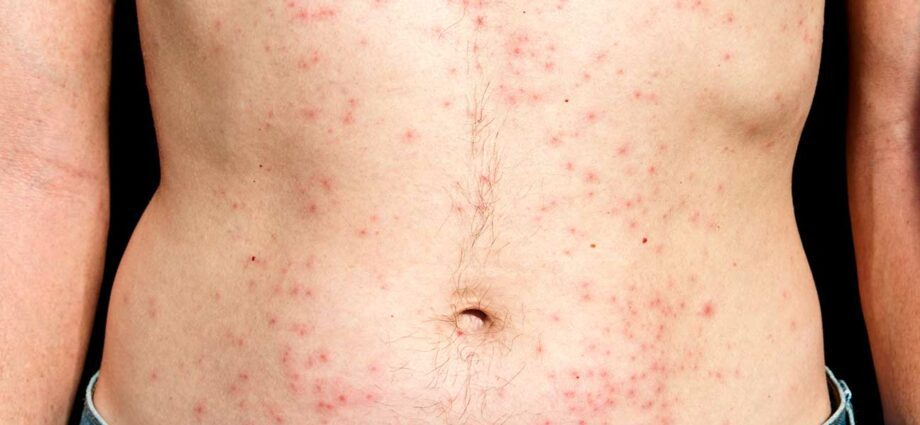Contents
Chlorine allergy: causes, symptoms and treatments
Chlorine is used in most swimming pools for its disinfectant and algaecide effect. However, some bathers suffer from irritation and respiratory problems. Is chlorine allergenic?
“There is no allergy to chlorine” explains Edouard Sève, allergist. “We eat it every day in table salt (it is sodium chloride). On the other hand, it is the chloramines that cause allergies. And, in general, we should rather speak of irritations than of allergies ”. So what are chloramines? It is a chemical substance produced by the reaction between chlorine and organic matter brought in by bathers (sweat, dead skin, saliva, urine).
It is this very volatile gas that gives the smell of chlorine around swimming pools. In general, the stronger the odor, the greater the presence of chloramine. The quantity of this gas must be regularly checked so as not to exceed 0,3 mg / m3, values recommended by ANSES (National Agency for Food, Environmental and Occupational Health Safety).
What are the symptoms of a chlorine allergy?
For the allergist, “chloramine is more irritating than allergenic. It can cause irritation to the mucous membranes: itchy throat and eyes, sneezing, coughing. More rarely, it risks causing breathing difficulties ”.
In some cases, these irritations can even trigger asthma. “Swimmers who suffer from permanent irritation will be more sensitive to other allergies (pollens, dust mites). Chloramine is a risk factor for allergy rather than an allergen ”specifies Edouard Sève. Children exposed to chloramine at a very young age are more likely to develop allergies and conditions such as asthma.
Is there a higher risk of allergies when drinking the cup? For the allergist, drinking a little chlorinated water by accident does not increase the risk of allergies. Chlorine, on the other hand, can dry out the skin, but a good rinse limits the risk.
What are the treatments for chlorine allergy?
When leaving the pool, wash yourself well with soap and rinse the mucous membranes (nose, mouth) in particular to prevent the products from remaining in contact with your body for too long. The allergist recommends taking antihistamines or corticosteroid-based nasal sprays for rhinitis. If you have asthma, your usual treatment will be effective (eg ventoline).
If you have sensitive skin, apply moisturizer before going for a swim and rinse well afterwards to prevent the chlorine from drying out your skin too much. There are also barrier creams available in pharmacies to apply before swimming.
How to avoid chlorine allergy?
“It is possible to bathe even when one suffers from irritation. Prefer private swimming pools where the quantity of chlorine, and therefore chloramine, is lower ”adds Edouard Sève. In order to limit the formation of chloramine in swimming pools, the shower before swimming is essential.
It prevents organic matter such as sweat or dead skin from getting into the water and reacting with chlorine. To avoid irritation, put on a diving mask and a mouthpiece to limit contact between the chloramine and the mucous membranes. Rinse your nose and mouth well after swimming to remove the products.
Today there are chlorine-free swimming pools that use products such as bromine, PHMB (PolyHexaMethylene Biguanide), salt or even filter plants. Do not hesitate to inquire at the municipal swimming pools.
Is there a greater risk for pregnant women and children?
“There is no increased risk of allergy in pregnant women or children, but it is true that children often have more sensitive skin” recalls Edouard Sève.
Who to consult in case of allergy to chlorine?
If in doubt, you can consult your doctor who will refer you to a specialist: allergist or dermatologist. If necessary, the allergist can give you an allergic test.










